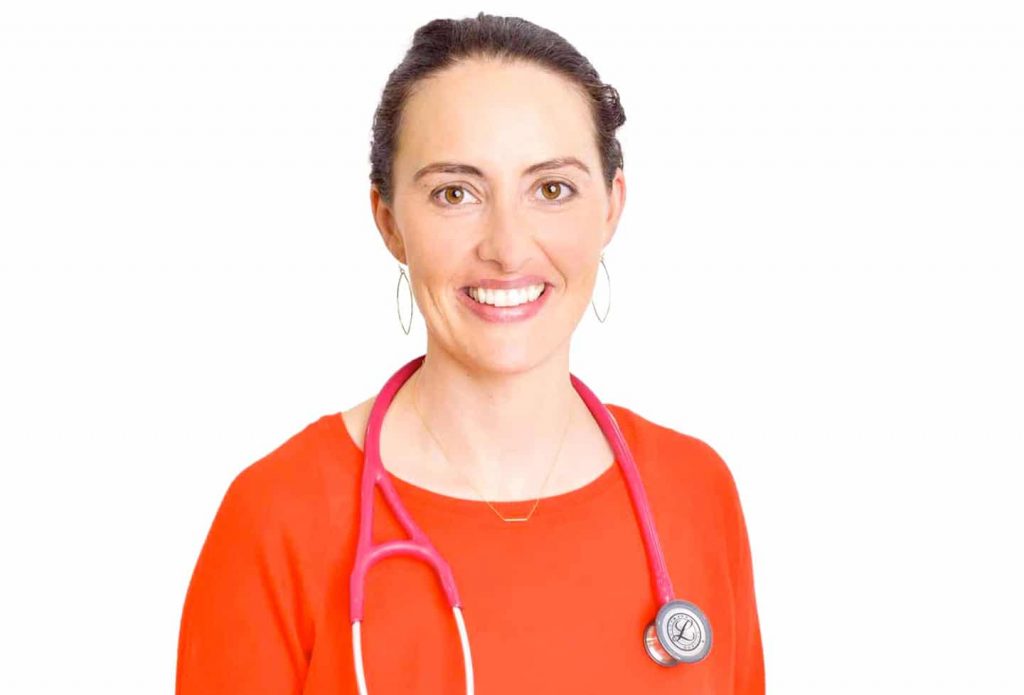We asked Dr Jane Foley all about eating disorders and the newly identified Orthorexia.
Q. How common are eating disorders?
In the UK, approximately 1.25 million people have an eating disorder, about 25% being male. In the US, the numbers are thought to reach a staggering 30 million people of all ages and genders. In Australia, it’s estimated that one million Australians have an eating disorder.
Q. Are eating disorders gender specific?
Research suggests that up to 25% of people experiencing an eating disorder are male. However, this number could be much higher, as the stigma surrounding eat disorders in men prevent many from seeking help.
Q. What age do eating disorders tend to present themselves?
Regardless of age, eating disorders are about underlying psychological issues, not food. The start of an eating disorder may signal that a child is experiencing emotional, social or developmental issues such as depression, teasing, bullying or abuse. The eating disorder may develop as a way for a child to feel in control over what’s happening in their life.
While eating disorders can certainly affect males and females, of all ages and backgrounds, the average age of onset for anorexia nervosa, bulimia nervosa, and disordered eating takes place during adolescence.
Q. Please explain the difference between both Anorexia and Orthorexia
Orthorexia or orthorexia nervosa is the name given to a condition which involves a compulsive preoccupation or obsession with dietary purity. There may be preoccupation with the composition and origin of food. Priority may be given to biologically pure foods, which may contribute to significant diet limitations.
Anorexia Nervosa is an eating disorder characterised by three things:
- A persistent restriction of energy intake leading to a person becoming underweight (for what is expected for their age, sex, developmental stage, and physical health).
- Alongside this energy intake restriction and significant low weight, there is a fear of gaining weight or of becoming fat, or a persistent behaviour that interferes with weight gain.
- There is a disturbance in body image, undue influence of body shape and weight on self-evaluation or persistent lack of recognition of the seriousness of the current body weight.
Q. Is Orthorexia a new eating disorder?
Orthorexia is a newly proposed eating disorder that involves obsession with a “clean” or “pure” diet. Currently, orthorexia is not listed as an official eating disorder, but many clinicians are seeing it in their offices.
Q. What is the treatment for an eating disorders?
Eating disorders are complex problems in which both the physical and psychological health of a person are intricately linked. Recovery from an eating disorder often requires both medical and psychological help. It is recommended that people with eating disorders have access to advice from a consultant psychiatrist, a psychotherapist and a dietitian, as well as a GP, so that all of their needs can be addressed.
Q. What would you recommend to a parent who is reading this?
Some questions you can ask yourself:
• Is your child’s behaviour having an impact beyond meal times?
• Is their behaviour impacting on their personality, or on the rest of their day-to-day life?
• Does your child see food as a source of energy and nutrition, or is some other value being attached? How does your child react to mealtimes? Is there an overly emotional response?
There are a number of specific signs to look out for that do not relate directly to food behaviours:
• Weight loss
• Evidence of low self-image
• Preoccupation with weight and body shape
• Preoccupation with food, and in particular with preparing food for others that they themselves won’t eat
• Excessive exercising
• Withdrawal from regular activities and social situation
The very nature of an eating disorder means that recognising it can be made deliberately difficult. Denial, attempts at hiding foodstuffs, and attempts to disguise weight loss can be problematic for the parent who is anxious to assess their child’s well-being. Try to be patient, and work on observing these behaviours.

If you would like to make an appointment please call 6733 4440.



































